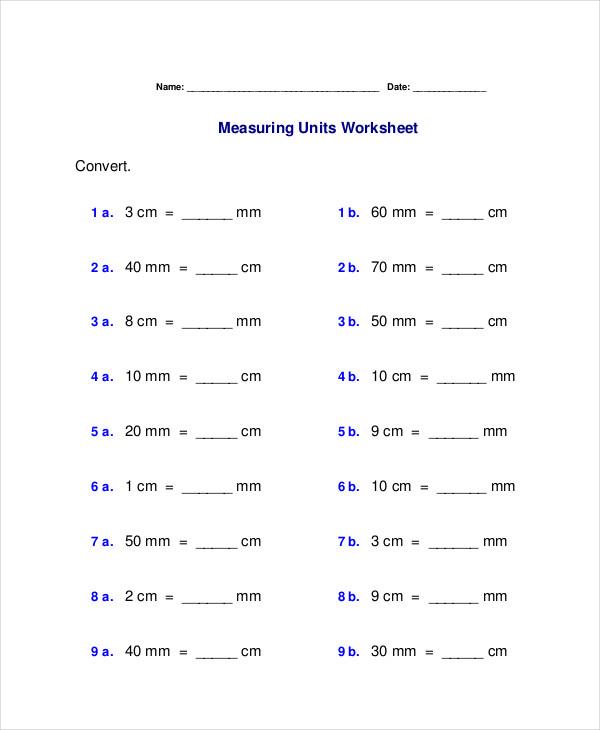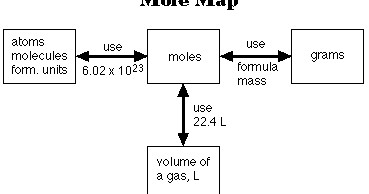


So seconds are slowly becoming less and less based on reality. That would mess up every calculation ever. Does that mean that seconds should also slow down? No. The Earth's rotation for example is slowing down. As fundamental as that seems, when you get down to the dirty details things start to get kind of cloudy. That's something, at least but it also illustrates an interesting point. The second is 1/60th of 1/60th of 1/24th of the time it takes for the Earth to rotate a single time. Interestingly, one of the standard base units is derived from an actual value though not a universal one. They were basing all of their units on arbitrary values because, well, how could there possibly be a fundamental amount of mass or distance. To quote Richard Hamming: "True greatness is when your name - like hertz and watt - is spelled with a lowercase letter." Of course when these geniuses were first piecing together how the world works they had no idea that there were fundamental basic units beneath it all. So what's up with that? Well, getting a unit named after you is kind of the holy grail of science. But Hertz and Watt, they were real people with like last names that were capitalized. When I say watts or hertz, those things are just regular words. It goes pretty deep, and it's absolutely correct to say that there are an infinite number of possible derived units, just most of them aren't useful enough to name.īut here's a bit of trivia for you. And power is work divided by time, so how much work can be done per unit of time. Acceleration is speed divided by time again, so meters per second per second.įorce is that acceleration multiplied by mass, cause F=ma remember? Work done in joules is force multiplied by distance. Now the fact that I find units fascinating probably says more about me then it does about units, but I can talk about them all day.įor example, did you know that the International System of Units only includes seven base units and every other unit is derived from those units? Speed is length divided by time. Someone just decided one day that that was a kilogram. There's nothing about these things that makes them them. We made kilograms up just like we made up seconds and weeks and volts and newtons. A kilogram is defined as being the same mass as the IPK. Every other kilogram is exactly the same as the IPK, and the IPK is the lump of metal that decides what that mass is. In a very real sense the IPK is the kilogram. The IPK isn't just how much a kilogram weighs. You know who decides how much a kilogram weighs?Ī hunk of platinum and iridium known as the International Prototype Kilogram or IPK. Yes, but they're also absolutely, completely arbitrary. So what do all these things have in common? They're units. I just closed the circuit with my tongue and I felt all 9 of the volts.


 0 kommentar(er)
0 kommentar(er)
